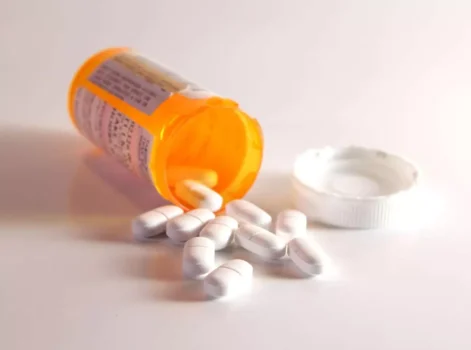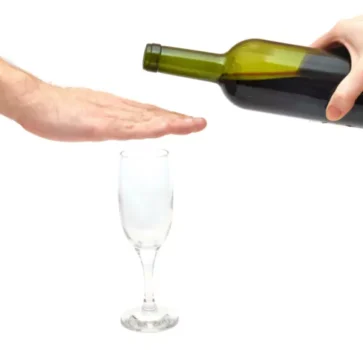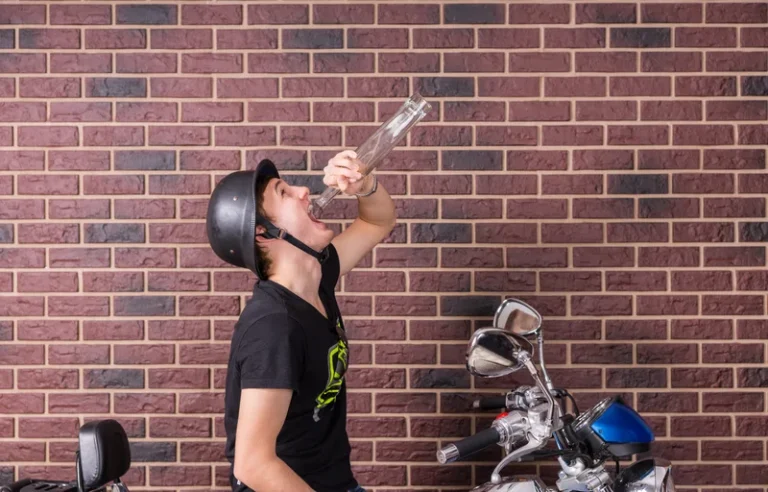

Recovering from an alcohol use disorder can be isolating, especially when you consider how widespread drinking culture is in the United States. In a support group, you can meet like-minded individuals who can help make recovery that much easier. If a health professional has diagnosed you with anger management problems, you may find these get worse when you drink.
Table of Contents
Don’t Take It Personally


Even if you don’t find drinking makes you aggressive, you might find drinking sometimes leads to an argument. So, why not cut down together and enjoy all the benefits that it can bring. Others can be affected by alcohol-related violence too, including wider family and friends as well as children.
The Effects of Alcohol-Related Aggression
Fortunately, people who become irrationally mad when drunk can work to prevent and treat their behavior. Overall, exhibiting one or a combination of the above factors can increase your chances of becoming angry when intoxicated. Jennifer https://ecosoberhouse.com/ Chesak is a freelance medical journalist, editor, and fact-checker with more than two decades of experience and bylines in several national publications. So, someone may not be able to grasp the bigger picture of a situation.
- When someone reaches a crisis point, sometimes that’s when they finally admit they have a problem and begin to reach out for help.
- He, or she, is being excessively rude or aggressive, and the more they drink, the more likely it seems that they’ll fly into a violent rage.
- These alcoholic rage symptoms cause people to become violent and aggressive, even when the outlet is someone they seem to love or care about.
- When they reach the point in their substance use when they get a DUI, lose their job, or go to jail, for example, it can be difficult to accept that the best thing they can do in the situation is nothing.
- This information, which could actually help you to hold back from being aggressive, is typically less salient than the overt, verbal insult.
How To Overcome Alcoholic Rage Syndrome
It also includes binge drinking — a pattern of drinking where a male has five or more drinks within two hours or a female has at least four drinks within two hours. When someone allows anger to build up over time, they’re more likely to suffer an explosion. During this time, individuals often can’t reason, which leads them to risky behaviors, such as drinking again.
- But the best choice for you and the people around you is to enter treatment and work to become a better person.
- By perpetuating such behavior, people can end up damaging meaningful relationships — yet another effect of alcohol-based aggression.
- A 2015 study published in the Journal of Substance Abuse Treatment explored the connection between anger and alcohol use.
Alcohol causes changes in the prefrontal cortex (PFC), leading to disinhibition. It affects parts of your brain responsible for movement, memory, self-control, and basic functions like hunger and thirst.
For example, if a person goes into a drinking experience with the expectation of alcohol helping them pick a fight with a partner later, that’s then likely to happen. Some people may become more angry or aggressive when they drink, in part because of alcohol’s effects on brain chemistry. Research suggests several factors may be involved, including personality, genetics, social considerations, brain chemistry, and brain changes. The best decision you can make is often the most difficult because it may involve putting your life, your family and your career on hold. But entering treatment is the best way to show the people you’ve harmed with your anger that you’ve made a commitment to change. The ultimate goal is to help them get into a treatment program that addresses their substance abuse and the way it causes them to behave.
They were more likely than those without the variation to have a history of outbursts and fights while drinking, as well as to have been arrested for driving under the influence. Using a personality questionnaire, an aggression scale, and alcohol use and history assessments, researchers compared 156 people without the gene with 14 people who have it. Researchers were studying people in the Finnish population, of which more than 100,000 people have the genetic variation.


Dealing with Being Angry While Sober


When it comes to anger specifically, people may experience a phenomenon called “alcohol myopia” in addition to their already heightened emotions. This scenario involves losing your sense of perception under the influence. As a result, you may be overly aggressive during a situation where you’d otherwise notice the cues that tell you to think more rationally. Many people who drink are never violent and even those who do become aggressive won’t do so all the time. But there is strong evidence of a link between alcohol and aggression.
Additionally, they reported higher alcohol use and hostile sexism than those lower in mental rigidity. The link between alcohol and anger has to do with alcohol’s ability to remove your inhibitions and disrupt your emotional regulation. When you drink alcohol, parts of your brain that manage anger are suppressed, making it more likely for angry feelings to bubble to the surface. If anger is an issue for you or a loved one when you drink, contact an addiction treatment professional near you and inform them of your needs. A reputable alcohol treatment program will be able to assess whether their program is a good fit for your recovery goals or whether they should refer you to a program more specialized around your needs. Alcoholics Anonymous, one of the country’s oldest and most prestigious group support programs, has long recognized the link between alcohol and anger.


How Alcohol Affects Anger and Aggression
If you have been the victim of violent or aggressive behaviour, report it to the police. Call 999 if anyone is in immediate danger, 101 it it’s not an emergency, or you can report crime to the police online. Drinking alcohol can make us act in ways we wouldn’t normally, including being alcoholism and anger angry or aggressive. Impulsivity and rage with alcohol may also be a result of genetics. Some people have a genetic variation of the serotonin 2B receptor gene HTR2B. This impact can begin to take place after just one drink, depending on the person and other factors, he adds (2).
